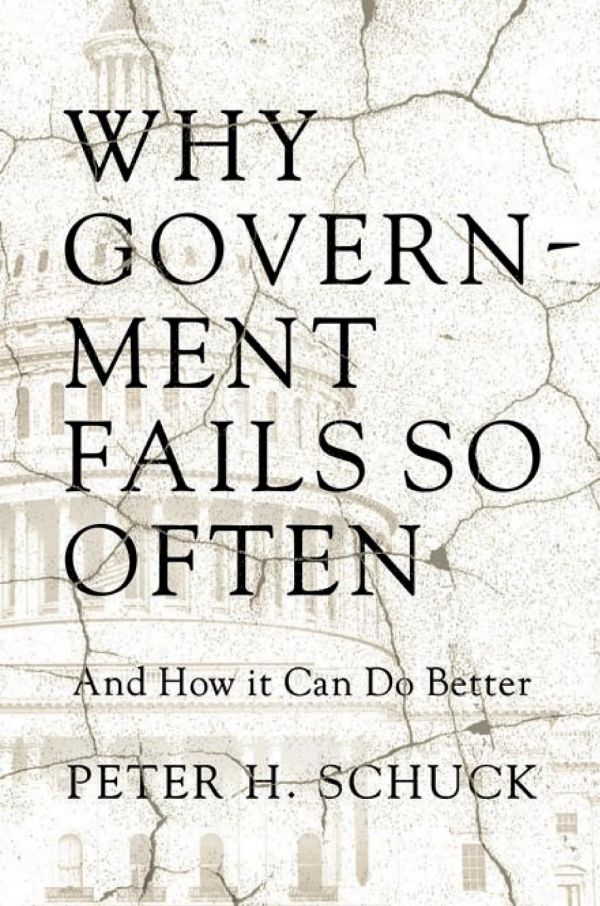

Most ebook files are in PDF format, so you can easily read them using various software such as Foxit Reader or directly on the Google Chrome browser.
Some ebook files are released by publishers in other formats such as .awz, .mobi, .epub, .fb2, etc. You may need to install specific software to read these formats on mobile/PC, such as Calibre.
Please read the tutorial at this link: https://ebookbell.com/faq
We offer FREE conversion to the popular formats you request; however, this may take some time. Therefore, right after payment, please email us, and we will try to provide the service as quickly as possible.
For some exceptional file formats or broken links (if any), please refrain from opening any disputes. Instead, email us first, and we will try to assist within a maximum of 6 hours.
EbookBell Team

4.3
48 reviewsFrom healthcare to workplace conduct, the federal government is taking on ever more responsibility for managing our lives. At the same time, Americans have never been more disaffected with Washington, seeing it as an intrusive, incompetent, wasteful giant. The most alarming consequence of ineffective policies, in addition to unrealized social goals, is the growing threat to the government's democratic legitimacy. Understanding why government fails so often--and how it might become more effective--is an urgent responsibility of citizenship. In this book, lawyer and political scientist Peter Schuck provides a wide range of examples and an enormous body of evidence to explain why so many domestic policies go awry--and how to right the foundering ship of state.
Schuck argues that Washington's failures are due not to episodic problems or partisan bickering, but rather to deep structural flaws that undermine every administration, Democratic and Republican. These recurrent weaknesses include unrealistic goals, perverse incentives, poor and distorted information, systemic irrationality, rigidity and lack of credibility, a mediocre bureaucracy, powerful and inescapable markets, and the inherent limits of law. To counteract each of these problems, Schuck proposes numerous achievable reforms, from avoiding moral hazard in student loan, mortgage, and other subsidy programs, to empowering consumers of public services, simplifying programs and testing them for cost-effectiveness, and increasing the use of "big data." The book also examines successful policies--including the G.I. Bill, the Voting Rights Act, the Earned Income Tax Credit, and airline deregulation--to highlight the factors that made them work.
An urgent call for reform, Why Government Fails So Often is essential reading for anyone curious about why government is in such disrepute and how it can do better.